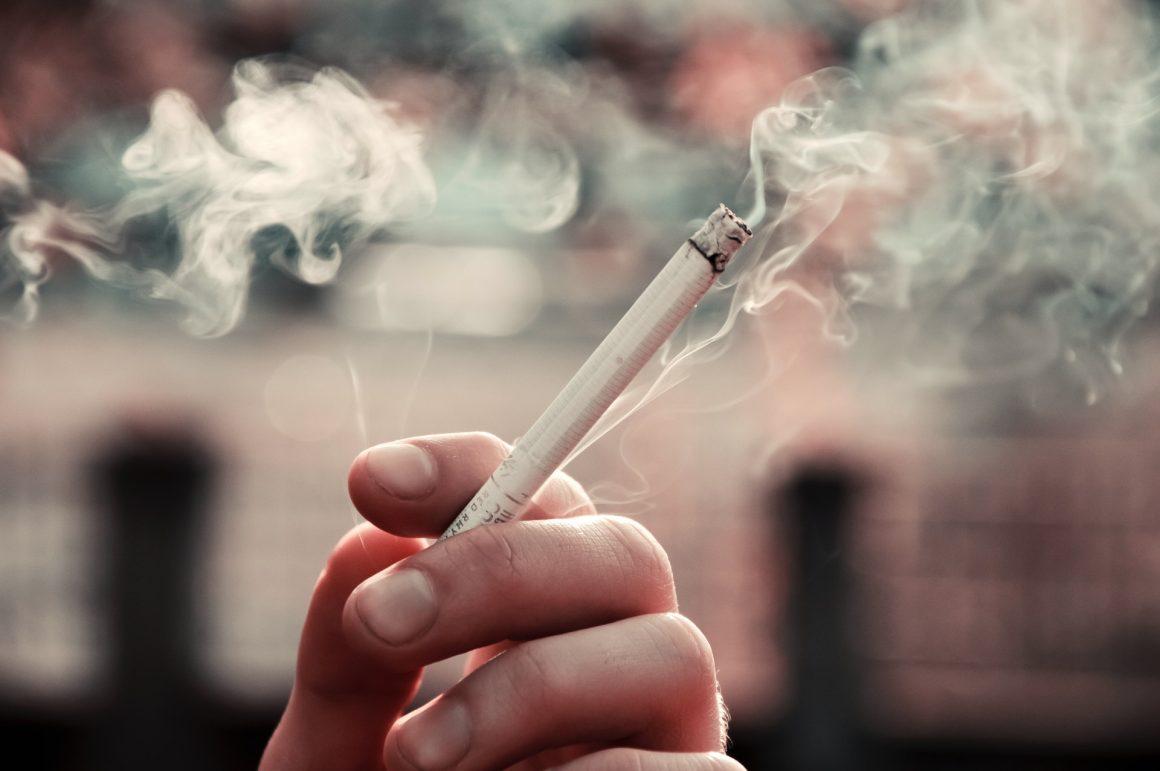Quitting smoking is never too late. We’re all aware of the dangers of smoking, but it doesn’t make quitting any easier. Tobacco use is both a physical and psychological addiction. Cigarettes contain nicotine, which produces a short-term, and addictive high. Smoking may also be a coping mechanism for sadness, anxiety, and boredom.
It is also a habit to smoke and maybe unconscious. Smoking a cigarette with your morning coffee, at a break at work or school, or on your journey home at the end of a long day may be an automatic response for you. Perhaps your friends, relatives, or co-workers smoke, and it’s been ingrained in your interactions with them.
Many people smoke to cope with negative emotions including stress, despair, loneliness, and worry. For many individuals, finding other strategies for coping with uncomfortable feelings without turning to cigarettes is a crucial part of quitting smoking. When you’re having a terrible day, cigarettes may feel like your only companion. However, as relaxing as cigarettes are, it’s vital to realize that there are healthier and more efficient methods to manage negative emotions.
These methods include:
- Exercising
- Meditating
- Relaxation techniques
- And basic breathing exercises.
To successfully quit smoking, you must treat both the addiction and the associated behaviours and routines. But it is possible to stop. It should also be adjusted to your individual requirements and smoking patterns. Identifying the things that make you want to smoke, such as specific circumstances, activities, feelings, and people is one of the finest things you can do to help yourself stop.
Benefits of quitting smoking
Quitting smoking isn’t easy, but the health advantages outweigh the difficulties. You’ll notice the benefits of quitting smoking within days, and as the months and years pass, your choice to quit will lower your chance of a variety of significant health problems.
Firstly, your perceptions of smell and taste will improve within a few days of stopping smoking. Tobacco includes compounds that dull your taste buds, reducing your ability to taste and smell. This impact eventually fades after you stop smoking. You may find that when smoking, you preferred meals and drinks with strong flavours, but that if you stop smoking, you begin to appreciate a wider variety of foods and their delicate flavours.
Diseases associated with cigarette smoking include:
- heart disease
- lung cancer
- stoke
- obstructive pulmonary disease (COPD)
Secondly, when you stop smoking, your chance of dying from heart disease decreased by 50% within a year, compared to those who continue to smoke. Because smoking causes your arteries to thin, it raises your risk of heart disease. Heart disease, which causes heart attacks, strokes, and angina, is serious and frequently deadly.
Your risk of heart disease will be the same as someone who has never smoked after 10 years of quitting. The best thing you can do for your health is to quit smoking at any age. Because of the harmful effects of smoking on your health, smokers die younger on average than non-smokers. Although quitting can be difficult, consider the extra time you’ll have to spend with family and friends, attending events and holidays, and creating happy memories because you chose to.
The impact of smoking on your lungs is one of the most significant ways it affects your health. Each day you go without smoking decreases your chance of lung cancer, just as each cigarette you smoke raises your risk.
Your smoking has an impact on more than simply your health. Your family is especially exposed to passive smoke, which can lead to serious, even fatal health problems. Quitting may lower your family’s risk of cancer, respiratory infections, and asthma. Smoking during pregnancy is harmful to your baby and increases the risk of miscarriage, delivery difficulties, an underweight baby, preterm birth, and a newborn with weaker lungs.
Managing the effects of nicotine withdrawal
After you stop smoking, you’ll likely experience a variety of physical symptoms as your body adjusts to the lack of nicotine in your system. Nicotine withdrawal sets up rapidly, generally within an hour of the last cigarette, and lasts two to three days. Withdrawal symptoms can last anywhere from a few days to many weeks, depending on the individual.
Symptoms of nicotine withdrawal
- Restlessness
- Irritability, frustration, or rage
- Headaches
- Concentration problems
- Insomnia
- Fatigue
- Nervousness or anxiety
- Cravings for cigarettes
- Reduced heart rate
- Tremors
- Coughing has increased.
- Depression
- Constipation or a stomach ache
Tips on how to quit
There are a number of self-help tips that you can use to help you quit smoking cigarettes.
- Think positive- You may have tried and failed to quit smoking in the past, but don’t let that discourage you. Consider what you’ve learned from your previous experiences and how you’ll do things differently this time.
- Consider your eating habits- During or after meals, switch up your routine. It could help if you get up and clean the dishes right away, or if you sit down in a place where you don’t smoke.
- Recognize when you have a strong desire for smokes- identifying instances that you crave cigarettes can make a huge impact in changing habits and therefore making quitting easier. Making a list or a 5-minute strategy to curb these desires assist in quitting.
- Obtain assistance in quitting smoking- getting help from friends and family helps one quit smoking. Support from loved ones is important to the process of stopping.
- Make a list of reasons why you want to stop- Continue to remind yourself why you choose to quit. Make a note of the reasons and refer to it if you want assistance.
- Exercise, even a 5-minute walk or stretch, has been shown to reduce cravings and may help your brain create anti-craving hormones, according to a review of scientific research.
- Make use of your hands and mouth- Nicotine replacement Treatment has been shown to increase your chances of quitting smoking. There are also pills, lozenges, gum, and a nasal spray available in addition to pouches. One of the greatest methods to fulfill your nicotine cravings is to use nicotine pouches.
Nicotine pouches: How to use them
Nicotine pouches are small, affordable, convenient, and healthier to use compared to smoking cigarettes. They come in a variety of flavors and nicotine levels, allowing you to try out special flavors. Nicotine pouches, unlike traditional tobacco products, will not discolor your teeth, induce foul breath, emit smoke, or leave a lasting odor in your hair or clothes. They’re cleaner, fresher, and packed with the nicotine you crave. Some online stores like Prilla offer step-by-step instructions on how to use these flavored pouches and offer suggestions and recommendations on the best nicotine pouches in the US and other regions of the world.






